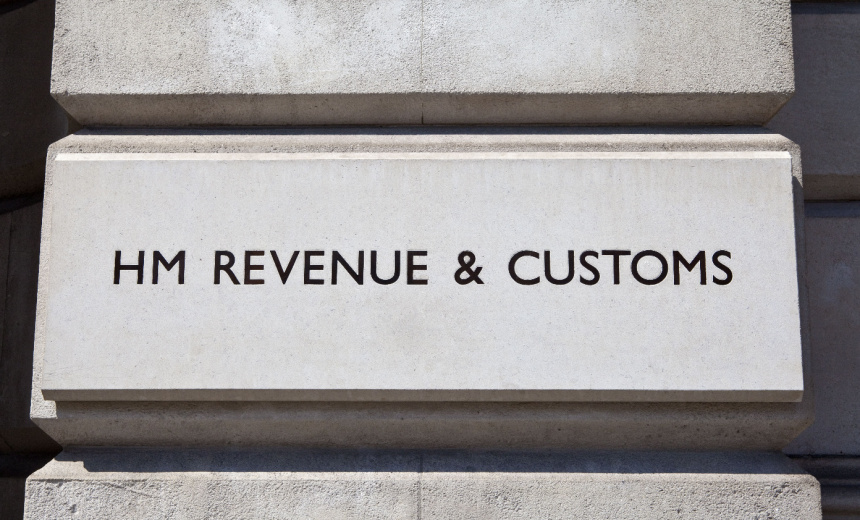Cybercrime,
Fraud Management & Cybercrime,
Geo Focus: The United Kingdom
HMRC Loses $63 Million to Fraud Utilizing Taxpayer Data

On July 11, law enforcement apprehended 13 suspects in Romania and one in England as part of a broad investigation into a substantial tax fraud operation targeting the United Kingdom. This scheme, which exploited phishing tactics to access taxpayer data, resulted in a staggering loss of £47 million (approximately $63 million) from His Majesty’s Revenue and Customs (HMRC), the UK’s tax authority.
The investigation has prompted heavy scrutiny from the Treasury Committee, responsible for overseeing HMRC’s operations. The committee criticized HMRC leadership for their lack of transparency regarding the 2024 losses, which only became public in June when 100,000 taxpayers were informed about breaches to their online accounts.
HMRC indicated that their fraud prevention team collaborated with over 100 Romanian officers to execute coordinated raids in Ilfov, Giurgiu, and Calarasi, recovering electronic devices tied to the operation. Among the arrested were individuals aged between 23 and 53, facing charges of computer fraud and money laundering.
In a parallel operation, a 38-year-old man was arrested in Preston, England, following the seizure of multiple electronic devices during investigations directly linked to the phishing scheme. This follows prior arrests in Bucharest last year of two other individuals in connection to these cybercrimes.
Simon Grunwell, operational lead for HMRC’s Fraud Investigation Service, emphasized the active nature of their ongoing investigations and the importance of international cooperation in combatting such fraud. He noted that while HMRC’s systems were not directly compromised, the misuse of personally identifiable information obtained through phishing and other illicit means was central to the attacks.
HMRC stated it has reached out to approximately 100,000 individuals to notify them of unauthorized access attempts to their accounts while assuring them of account security and no financial losses. Fraudsters exploited this stolen data to file false claims for child benefits and to seek fraudulent reimbursements through “pay as you earn” and value-added tax schemes.
Experts warn that tax-related scams are increasingly prevalent in the UK, with criminals leveraging a sophisticated blend of communication methods, including emails and text messages, designed to deceive individuals amid key tax deadlines. HMRC has been reported as the third most spoofed government service in the UK, coming behind the National Health Service and TV Licensing.
In response to this growing threat, HMRC has committed to enhancing its cybersecurity measures, with recent announcements of significant financial investments aimed at reinforcing its IT systems against evolving fraud tactics. This initiative comes as the Chancellor of the Exchequer outlined plans for an approximate £298 million investment over the next two years to bolster HMRC’s customer service capabilities and infrastructure.
Critics argue for a substantial overhaul of HMRC’s communication practices, citing delays in acknowledgment of the fraud wave and overall customer service issues. Feedback from the Association of Chartered Certified Accountants revealed concerns about HMRC’s transparency and responsiveness, underscoring the need for improvement in addressing such critical issues.